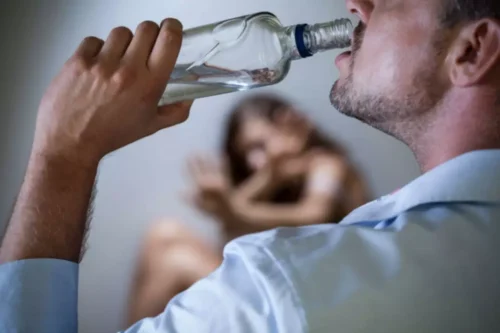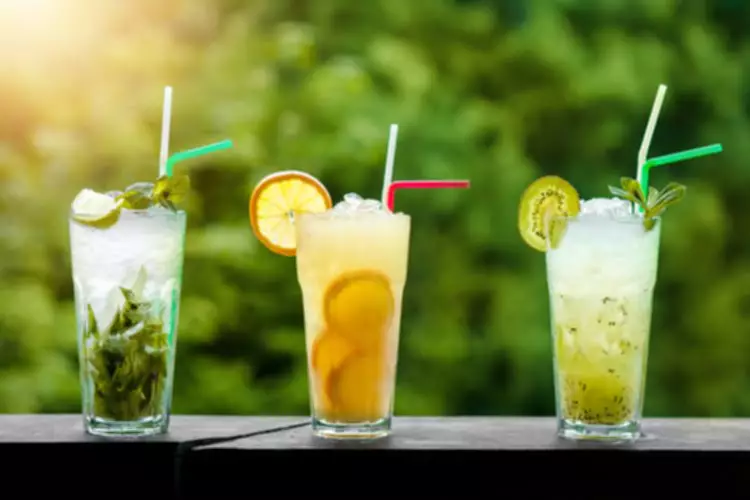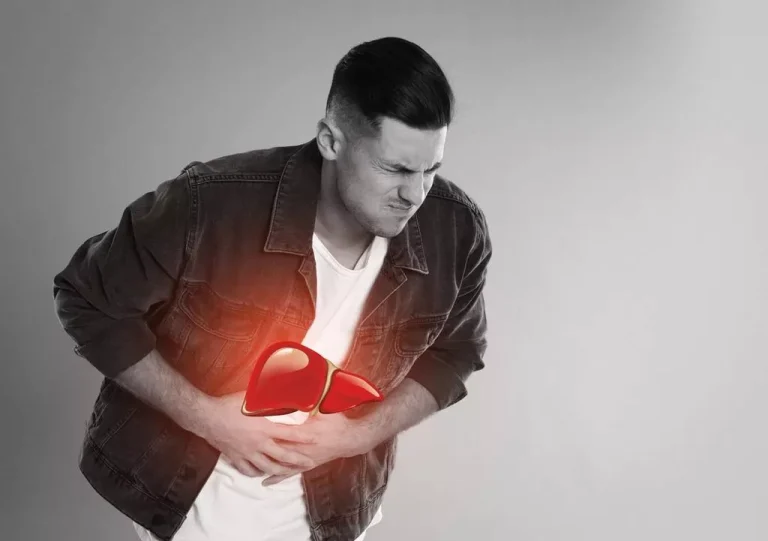
Tapering will normally create less severe alcohol withdrawal symptoms but will spread them out over a prolonged period. Essentially, tapering provides less intense withdrawal symptoms but over a longer amount of time. Creating a tapering schedule you can stick with is a crucial part of weaning yourself off alcohol. The best schedule varies based on how much you drink each day and your overall health. As mentioned above, we strongly recommend speaking with a doctor to ensure your plan is a safe one, and won’t cause dangerous withdrawal symptoms. If you’ve been drinking heavily for a long time and think you might experience withdrawal symptoms, it’s best to talk with a medical professional before you begin a taper.
Alcohol Tapering Methods
Over time, you can decrease the alcoholic drinks while increasing the non-alcoholic ones while still following the same behaviors you were used to. When you drink heavily and frequently, your brain compensates for the suppressive effects of alcohol by becoming more hyperactive. This balances out the effects of alcohol and makes your brain function more as it should while you have alcohol in your bloodstream. If you have any of these risk factors, it’s important that you withdraw from alcohol at a medical facility that’s equipped to prevent and treat alcohol-related complications.

Is it Better to Taper Off Alcohol or Quit “Cold Turkey?”
Tapering involves gradually and progressively reducing your alcohol consumption over time. This method can lessen withdrawal symptoms, allowing your body to adjust to decreased alcohol levels slowly. It does, however, result in any withdrawal symptoms that do occur being prolonged over the entire how to taper off alcohol period of the taper. Still, it has a decreased level of success when compared to the alternative and requires discipline that can be difficult for those with an addiction. However, if you don’t taper properly, you may experience withdrawal symptoms, especially if you have severe alcoholism.

Tips for Tapering Yourself off Alcohol
- A person is free to increase the taper speed (e.g., lower by three drinks instead of two) as they see fit.
- This is a benefit that isn’t available to all who attempt to taper at home.
- These factors can make one person’s taper last longer than another person’s taper.
- But treatment varies based on the severity of alcohol withdrawal and the likelihood that it could progress to severe or complicated withdrawal.
- If you drink heavily on a regular basis, it can be dangerous to stop alcohol cold turkey.
Quitting alcohol can be extremely hard, especially without medical support. Further, mental health disorders like anxiety and depression are extremely common in those who struggle with drinking, and these disorders can make it even harder to stay sober. By looking at your medical history and alcohol intake, your doctor can determine whether you need to taper in a medical detox facility or can safely detox at home. People looking to quit drinking may consider either tapering or going cold turkey, meaning they abruptly stop all alcohol consumption without weaning. Alcohol detox medications can make the process safer and more comfortable.
Alcohol is a central nervous system depressant that leads to an increase in brain neurotransmitters that slow down your brain’s functions, such as gamma-aminobutyric acid (GABA). When you drink heavily over a long period, your brain and body adapt to expect this. A standard drink is a term used because different alcoholic beverages have different concentrations of alcohol, giving you varying amounts of alcohol depending on the fluid you drink. This can equate to as much as a full bottle of beer or less than two tablespoons of whisky. It is important to measure your alcohol use in standard drinks while tapering to allow for an accurate comparison of how much you use from day to day. While the safest way to taper is with professional help in a detox facility, this may not be an option for everyone.

It can be hard to find (or even know) the balance of how much alcohol your body is able to handle. If you’re not sure if your drinking crosses a certain line or not, try measuring your alcohol intake. In the short term, alcohol is processed through your liver in about an hour. Essentially, feeling “drunk” is when your liver becomes too overwhelmed to properly process alcohol, so it overflows temporarily into your bloodstream. This is what causes you to feel light-headed or tipsy after multiple alcoholic drinks. Of all your body’s organs, your liver takes the biggest hit when it comes to alcohol.

- Additionally, the post-detox treatment resources available at a professional treatment center can ease the transition to sober living and give you the tools you need to stay sober long-term.
- It should not be used in place of the advice of your physician or other qualified healthcare providers.
- To learn about how our substance abuse treatment programs address alcohol dependence and withdrawal management, please contact us today.
- The most significant factor is whether or not you’ve become chemically dependent.
Most people stop having withdrawal symptoms four to five days after their last drink. Tapering off alcohol, rather than stopping all at once, is the most effective way to avoid serious withdrawal symptoms and other problems such as dehydration. A substitution taper refers to switching strong liquor for an alternative that contains less alcohol, like beer. Once you’ve changed to a less alcoholic option, you can gradually reduce your drink amount. It can be helpful to make a plan ahead of time for how to handle a relapse.
- Talk to a medical professional if you have any concerns about tapering off alcohol.
- It’s important to seek urgent medical care if you experience any of these symptoms.
- By Buddy TBuddy T is a writer and founding member of the Online Al-Anon Outreach Committee with decades of experience writing about alcoholism.
Based on your medical history, your doctor can advise you about the safety of the taper. Long-term treatment of AUD should begin concurrently with the management of AWS.8 Successful long-term treatment includes evidence-based community resources and pharmacotherapy. Primary care physicians should offer to initiate appropriate medications. However, it should not cause someone to become stuck on a step, which would defeat the purpose of a taper.
Challenges of Cutting Down Your Alcohol Intake
If you need help figuring out how to taper off alcohol, or want to find alcohol detox services near you, our treatment specialists at Vertava Health can help. Tapering off alcohol is a method of reducing your alcohol intake gradually. This process can help your body break its dependency on alcohol with minimal side effects. A direct taper means you continue to drink your regular drinks but slowly decrease the amount over time.















